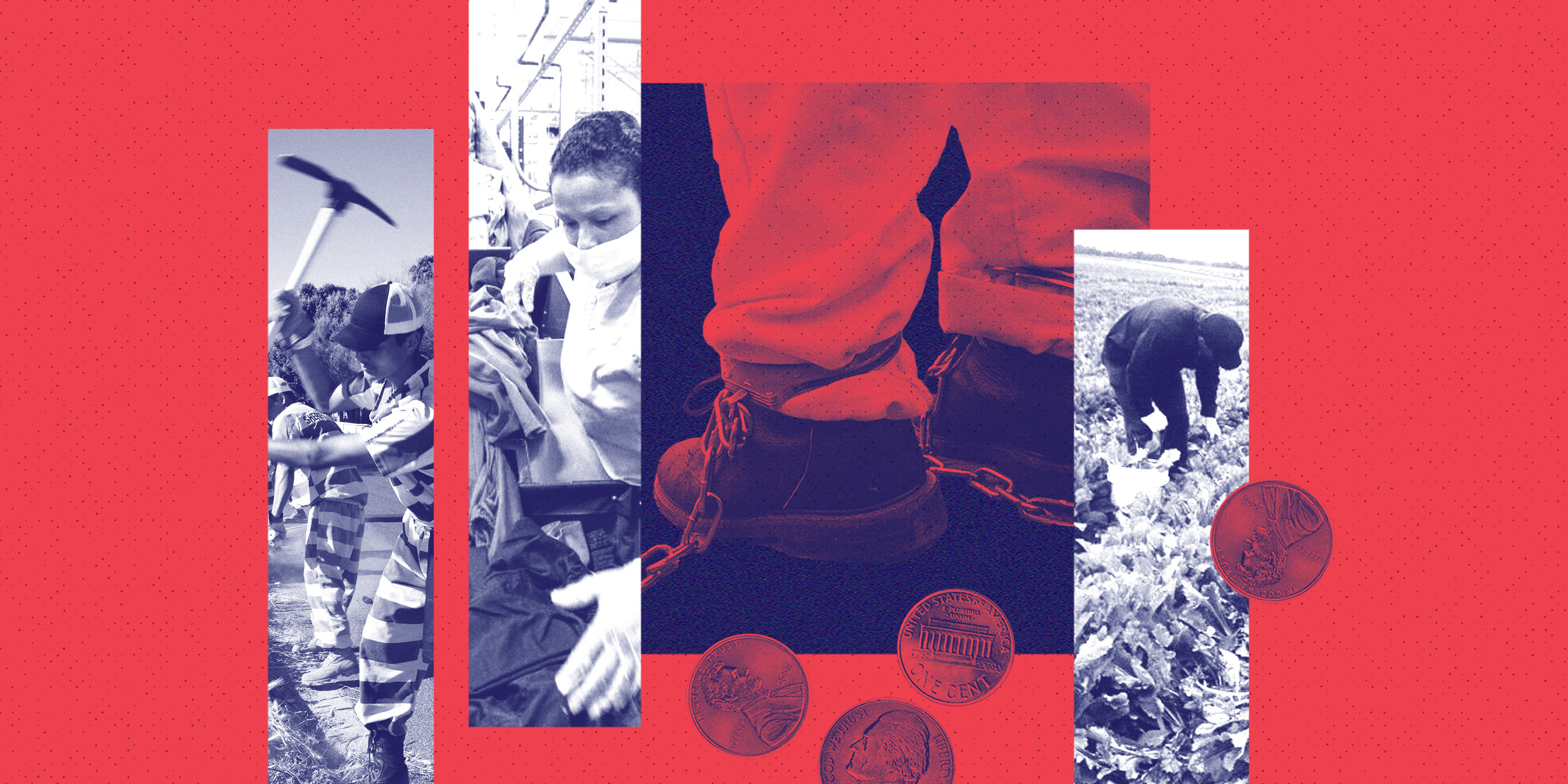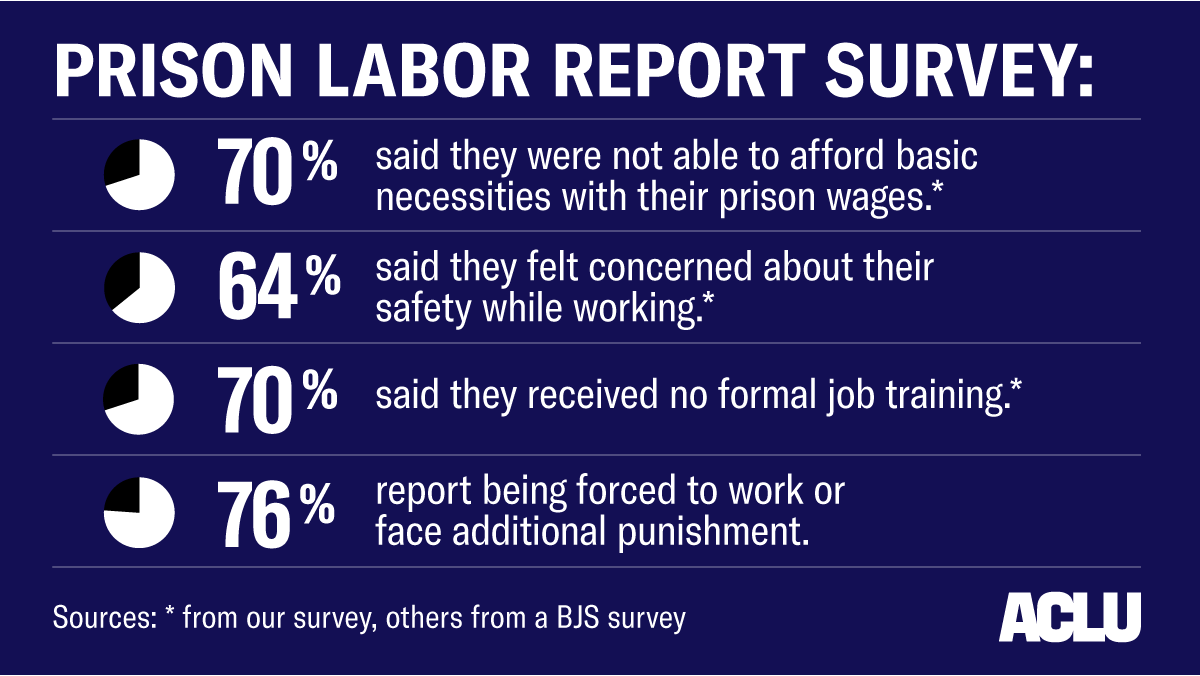lg325
Diamond Member
Should inmates be forced to work? It's allowed by the 13th Amendment to the U.S. Constitution. Should it be ended? I had a number of relatives who did a hard time and spent 23 1/2 hours a day mostly in a small cell with 3 other inmates with an open toilet and a small sink embedded in the wall they told me they were glad to get out and do anything especially if it was outside.



